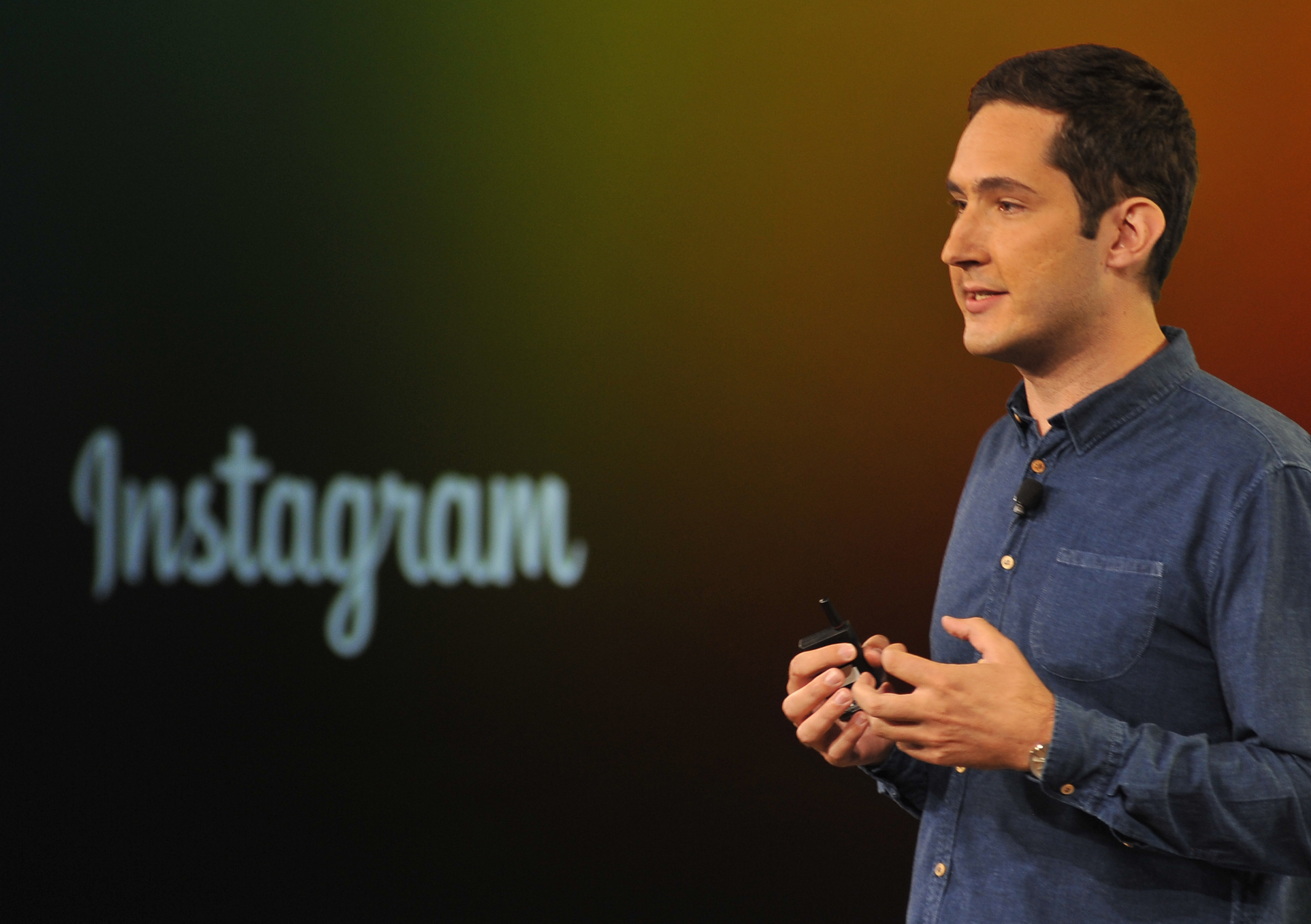Sylvester Stallone's Directing Debut: The Untold Story Of A Box Office Flop

Table of Contents
The Genesis of Paradise Alley: A Personal Story Brought to Screen
Paradise Alley, Stallone's directorial debut, wasn't born from a Hollywood studio meeting; it stemmed from his own personal experiences. The film draws heavily from his family history, specifically his relationship with his brothers and their struggles growing up in a working-class environment. This deeply personal connection infused the film with a raw authenticity that is both its strength and, arguably, a contributing factor to its initial failure.
The film's themes resonate deeply with the struggles of many: brotherhood, familial bonds tested by adversity, and the ever-elusive American Dream. It depicts the challenges faced by a working-class family trying to make a life for themselves, a theme that found a limited audience in 1978. Securing funding and distribution for an independent film with such a specific, personal focus proved incredibly difficult for the young, yet-to-be-famous Stallone.
- Family resemblance between characters and Stallone’s own family. The characters in Paradise Alley bear striking resemblance to Stallone and his brothers, highlighting the deeply personal nature of the project.
- The film's reflection of the working-class struggles in 1970s America. The film captured the realities of working-class life in the 1970s, a time of economic uncertainty and social change, but this wasn't necessarily a widely marketable theme at the time.
- The unique challenges of independent filmmaking in the 1970s. Securing financing and distribution for an independent film without the backing of a major studio was a significant hurdle, one that ultimately impacted the film's reach and success.
Behind the Scenes: Production Challenges and Creative Decisions
The casting process for Paradise Alley saw Stallone opt for relatively unknown actors, a testament to his belief in their potential and his own directorial vision. This decision, while potentially cost-effective, may have also limited the film's initial appeal to a wider audience accustomed to established stars.
Stallone's directorial choices reflect his then-developing stylistic approach. The film is characterized by a gritty realism, a stark contrast to the more polished productions that were prevalent at the time. This unique style, while authentic to the story, might not have resonated with mainstream audiences who were more accustomed to highly stylized action films.
The production itself wasn't without its difficulties. Budget constraints, a common challenge for independent filmmakers, significantly impacted the production design and special effects. This further emphasizes the raw, unpolished nature of the film.
- The impact of budget constraints on production design and special effects. Limited resources meant that Paradise Alley lacked the glossy look of more established studio films.
- Stallone's hands-on approach to directing and his collaboration with the crew. Stallone’s close involvement with all aspects of the production demonstrates his dedication, but also reveals a potential lack of experience in managing a large-scale production.
- The unique challenges of balancing acting and directing responsibilities. Juggling the roles of lead actor and director undoubtedly presented significant challenges, potentially impacting the overall quality of both the performance and the direction.
Critical Reception and Box Office Performance: A Case Study in Failure
Upon its release, Paradise Alley received mixed reviews. While some critics praised its raw energy and authentic portrayal of working-class life, many criticized its uneven pacing, underdeveloped characters, and lack of a polished cinematic flair. This lukewarm critical reception contributed significantly to the film's poor box office performance. Compared to the resounding success of Rocky, Paradise Alley's failure stands as a stark contrast, highlighting the challenges of transitioning from actor to director.
- Review excerpts showcasing both positive and negative critical responses. A detailed examination of contemporary reviews reveals a divided opinion, highlighting both the strengths and weaknesses that defined the film.
- Analysis of marketing and distribution strategies (or lack thereof). The lack of a robust marketing campaign likely hindered the film's potential reach and further contributed to its poor box office performance.
- Comparison of the film's budget versus its box office gross. The stark difference between the film's budget and its box office earnings underlines the extent of its commercial failure.
The Legacy of Paradise Alley: A Stepping Stone to Success
Despite its initial commercial failure, Paradise Alley played a crucial role in shaping Sylvester Stallone's career trajectory. The experience provided invaluable lessons in filmmaking, management, and navigating the complexities of the movie industry. These lessons would later inform his subsequent directorial efforts, culminating in the success he experienced with later films. The film has also gained a cult following in recent years, with fans recognizing its raw energy and personal connection to Stallone's own life story.
- The lessons learned from the Paradise Alley experience. The challenges encountered during production and its ultimate failure served as a crucial learning curve for Stallone, refining his directorial style and approach.
- How the film contributed to Stallone's overall development as a filmmaker. The experience proved to be a critical stepping stone in his evolution from a promising actor to a respected director.
- The resurgence of interest in Paradise Alley among Stallone fans and film enthusiasts. The film's rediscovery in recent years underscores its enduring appeal and its status as a significant part of Stallone's cinematic legacy.
Conclusion
Sylvester Stallone's Paradise Alley, while initially a box office flop, stands as a testament to his ambition and perseverance. Its failures proved to be valuable lessons, shaping his future successes in directing and filmmaking. The film's personal touch and raw energy offer a glimpse into the making of a legendary figure and contribute to a more nuanced understanding of his iconic career. Explore the untold story of Sylvester Stallone's directing debut, Paradise Alley, and discover the surprising lessons learned from this box office flop. Learn how this seemingly failed project actually paved the way for his future triumphs. Dive deeper into the world of Sylvester Stallone's directing career – you might be surprised by what you uncover!

Featured Posts
-
 Competing With Tik Tok Key Takeaways From Instagram Ceos Testimony
May 11, 2025
Competing With Tik Tok Key Takeaways From Instagram Ceos Testimony
May 11, 2025 -
 Sorteo Campeonato Uruguayo Segunda Division 2025 Todo Lo Que Necesitas Saber
May 11, 2025
Sorteo Campeonato Uruguayo Segunda Division 2025 Todo Lo Que Necesitas Saber
May 11, 2025 -
 Framtiden Oviss Mueller Lockas Av Tva Klubbar
May 11, 2025
Framtiden Oviss Mueller Lockas Av Tva Klubbar
May 11, 2025 -
 Billeteras Virtuales Uruguayas Con Apertura De Cuenta Gratuita Para Argentinos
May 11, 2025
Billeteras Virtuales Uruguayas Con Apertura De Cuenta Gratuita Para Argentinos
May 11, 2025 -
 L Incroyable Complicite De Gerard Hernandez Et Chantal Ladesou Dans Scenes De Menages
May 11, 2025
L Incroyable Complicite De Gerard Hernandez Et Chantal Ladesou Dans Scenes De Menages
May 11, 2025
